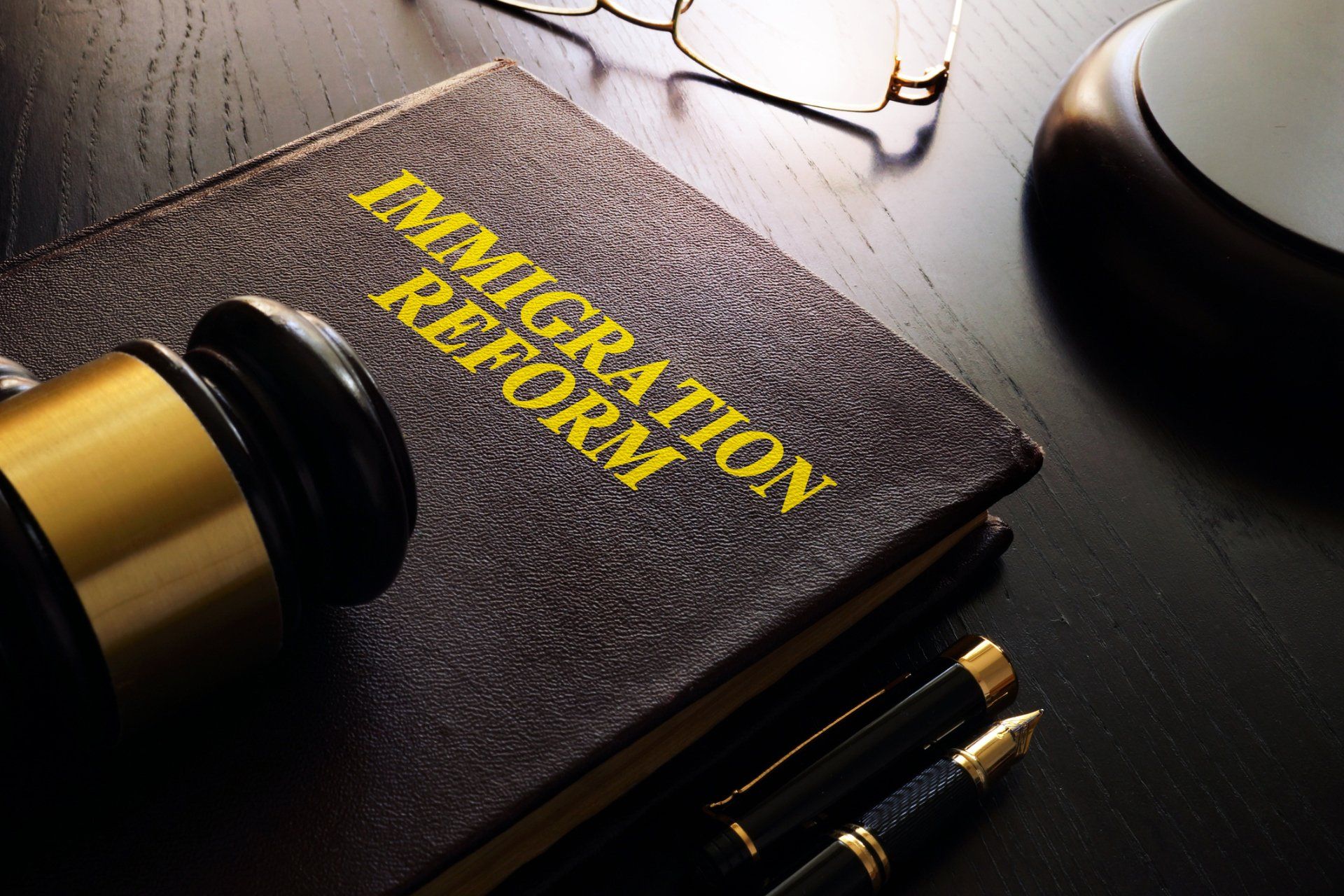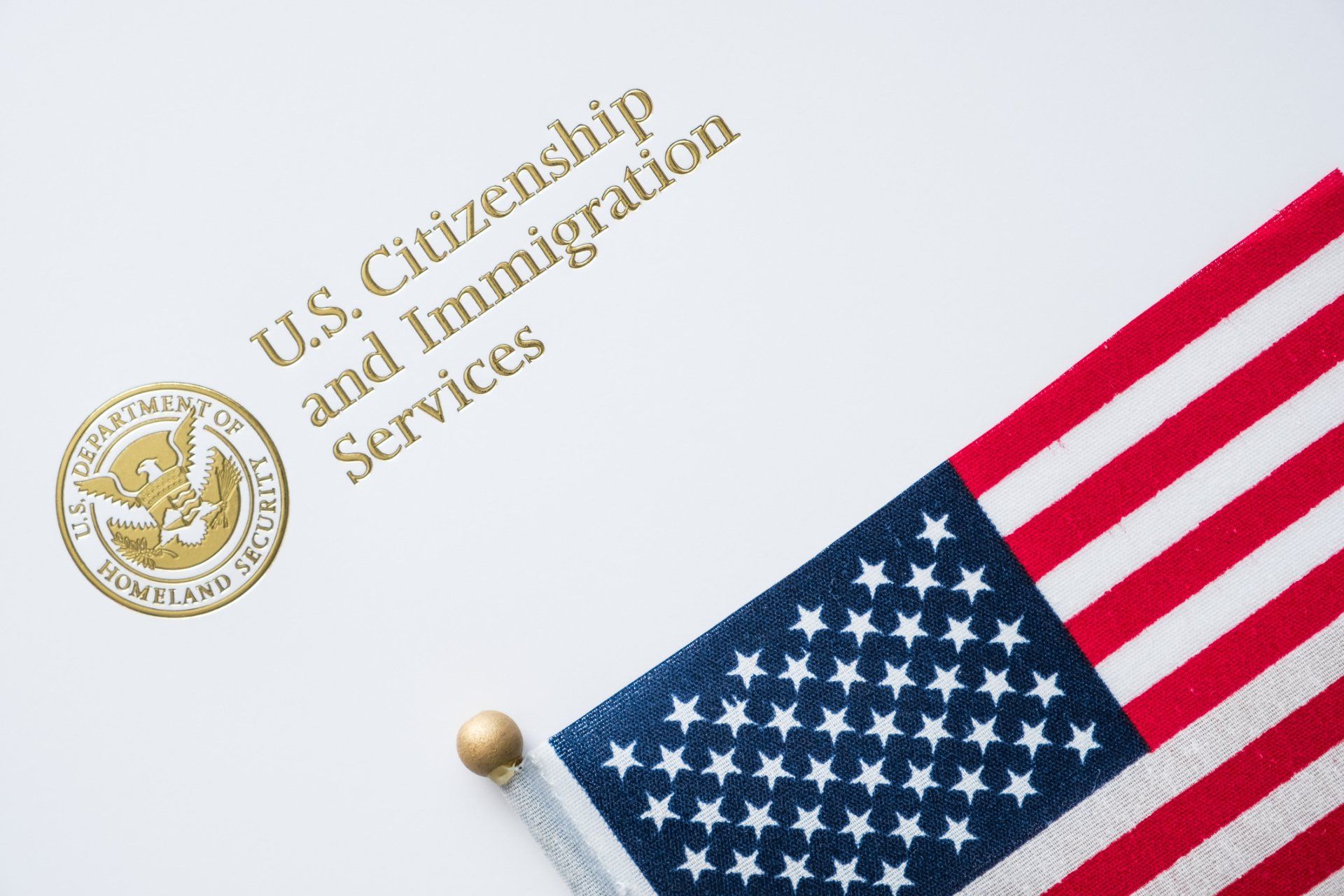Immigration Attorney Serving Houston, TX
FAMILY-BASED IMMIGRATION
Who Qualifies to File a Family-Based Immigrant Petition?
- husband or wife,
- parents,
- brothers and sisters,
- and children. (U.S. Citizens can file for their married or unmarried children of any age).
- husband or wife, and
- unmarried children.
Immediate Relative Petitions
- Husband or wife of U.S. citizens,
- Minor unmarried children (under 21 years of age) of U.S. citizens,
- Parents of U.S. citizens, provided the citizen petitioner is at least 21 years of age, and
- Spouses and children of deceased U.S. citizens who have not remarried.
LPR Petitions & Family-Based Preference Categories
The family preference categories are:
- First Preference
- Unmarried sons or daughters of U.S. citizens who are 21 years of age or older
- Second Preference
- (2A):Spouses or children of Lawful Permanent Residents, or
- (2B):Unmarried sons or daughters of Lawful Permanent Residents
- Third Preference
- Married sons or daughters of U.S. citizens
- Fourth Preference
- Brothers or sisters of U.S. citizens, if such citizens are at least 21 years of age
Family based preference immigrants are subject to a quota of specific number of immigrant visas allotted to each of the family preference categories. All preference immigrants are assigned a priority date. The “priority date” is the date when the immigrant petition on behalf of the relative was filed. The Visa Bulletin, which is published by the U.S. Department of State, provides a monthly update of what priority dates are being processed and explains how immigrant visas are allotted.
When the beneficiary’s priority date is earlier than the cut-off date as it appears in the Visa Bulletin that means an immigrant visa is now available to the beneficiary. A copy of the monthly Visa Bulletin is available at the Department of State website (link: https://travel.state.gov/content/travel/en/legal/visa-law0/visa-bulletin.html ).
Family immigration can be a complex process. Don’t be a victim of family separation. Let our experienced legal team at Garza & Associates analyze your family’s individual circumstances and set you on the right path to becoming a permanent resident.
PROVISIONAL WAIVER (I-601A)
Employment-based Immigration
- The employer must first obtain a “Labor Certification” from the U.S. Department of Labor (DOL) if the category requires it.
- The employer then petitions USCIS on behalf of the foreign national for immigrant classification under the employment-based preference on Form I-140.
- The foreign national applies to USCIS for Lawful Permanent Resident status or the “green card” through adjustment of status in the United States or Consular processing overseas.
Under immigration law, employers may petition for legal employment status for the following workers:
- Priority workers: persons of extraordinary ability in sciences, arts, or business
- Outstanding professors and researchers
- Multinational managers and executives
- Advanced degree professionals or persons of exceptional ability
- Skilled workers, professionals, and other workers
- Certain special immigrants such as religious workers
- Investors (EB-5)
Citizenship and Naturalization
- You have lived in the United States continuously for five years;
- You have been a person of good moral character; and
- You are able to pass the naturalization test demonstrating an ability to read, write, and speak English; as well as your knowledge and understanding of U.S. history and government.
- If you are married to a U.S. citizen and have been living with your U.S. citizen spouse for three years after becoming a Lawful Permanent Resident, you may apply for naturalization in three years, rather than having to wait five years.
Citizenship Through Parents
If you were born outside of the United States, you can acquire U.S. citizenship through your parents or grandparents under very specific circumstances.
The laws regarding the acquisition of citizenship are one of the most complex areas of immigration law. If you were born abroad to U.S. citizen parents, you may be a U.S. citizen. Generally, a child may either be born a U.S. citizen (in some cases “acquiring” citizenship at birth) or derive U.S. citizenship through parents before age eighteen. A child born outside the United States to a U.S. citizen (mother and/or father) is also considered a U.S. citizen at birth, provided certain criteria are met. This process is generally called the “acquisition” of U.S. citizenship at birth through a parent or parents. The laws regarding children born abroad to U.S. citizens have changed drastically over the years, so it is crucial you determine the period in time in which the child was born in order to determine which law applies.
Through our extensive experience, our law firm has helped many clients claim their right to U.S. citizenship. This is especially crucial if you are in deportation or removal proceedings. If either of your parents are U.S. citizens, you may already be a U.S. citizen without knowing it.
Our firm can help you navigate through the multiple strategies for proving that you are a U.S. citizen even though you were not born in the United States. Contact us to see if you qualify.




